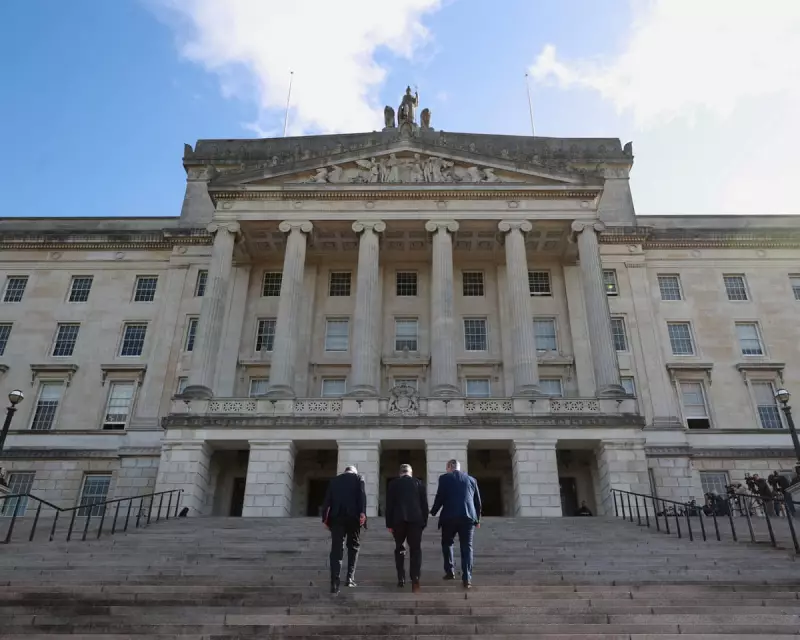
The UK government has tabled significant amendments to its highly controversial Northern Ireland Troubles (Legacy and Reconciliation) Act, following intense criticism from victims' groups, political parties, and international bodies.
Unveiled in the House of Commons, the new proposals mark a substantial shift from the original legislation, which had been widely condemned for effectively granting an amnesty for Troubles-era offences. The changes aim to create a more victim-centred process while maintaining the government's goal of promoting reconciliation.
Key Changes to the Legacy Framework
The revised approach centres on a new Independent Commission for Reconciliation and Information Recovery (ICRIR). Unlike the previous model, the commission will be required to conduct criminal investigations where there is a prospect of bringing perpetrators to justice.
Conditional immunity offers remain, but under stricter criteria. Individuals seeking immunity must provide a detailed account of their involvement in specific incidents to the ICRIR. Immunity will only be granted if the account is deemed truthful and complete.
Addressing International Concerns
The amendments appear designed to answer rulings from the European Court of Human Rights and concerns from the US government and the Council of Europe. The new proposals emphasise the UK's commitment to its international legal obligations regarding effective investigations into deaths and serious human rights violations.
A new clause explicitly requires the ICRIR to conduct investigations that are thorough, impartial, and independent, aligning with Article 2 of the European Convention on Human Rights.
Political and Victim Reactions
Initial reactions from Northern Ireland have been cautious. While the changes are seen as an improvement on the original act, many victims' organisations remain sceptical, arguing that any form of conditional immunity is unacceptable.
Political parties in Stormont have welcomed the government's willingness to listen but have called for further scrutiny of the details. The Irish government, which had launched an interstate case against the UK over the original act, is reviewing the new proposals.
The government aims to implement the new system by autumn 2025, hoping it will finally deliver a measure of truth and justice for the thousands of families affected by the three-decade conflict.






